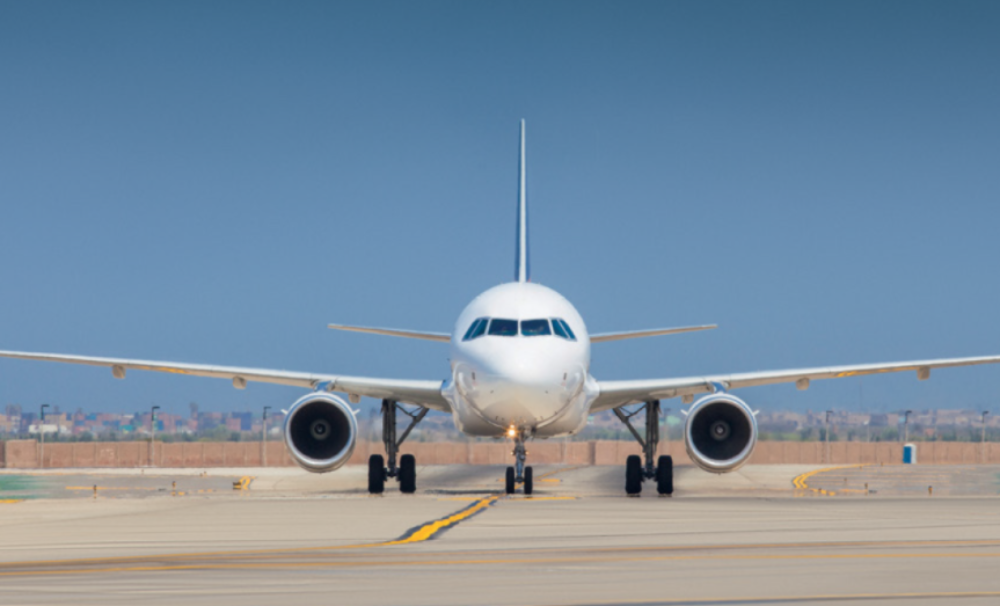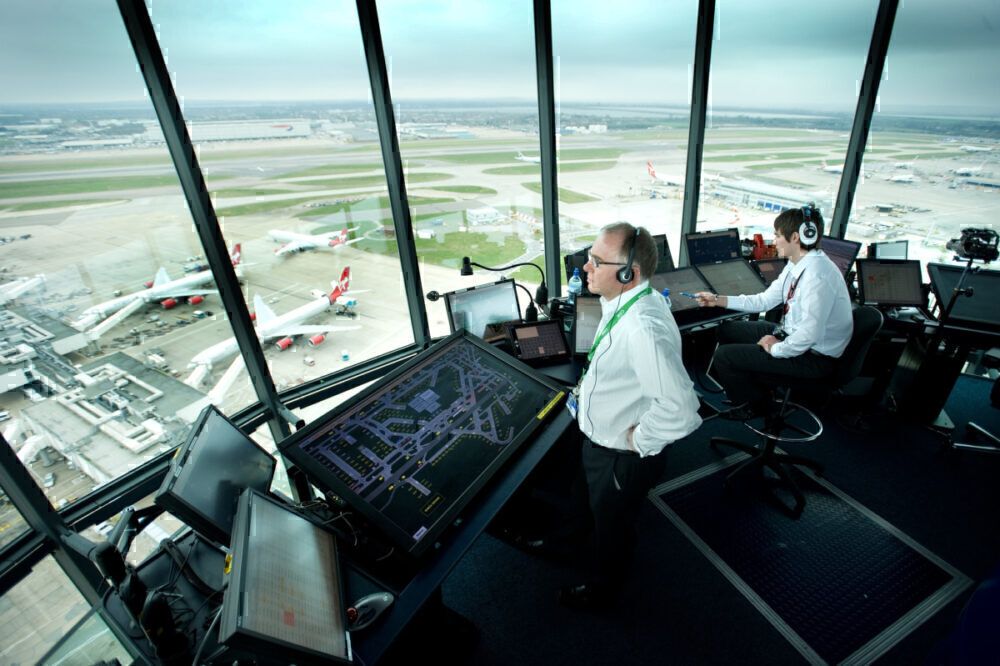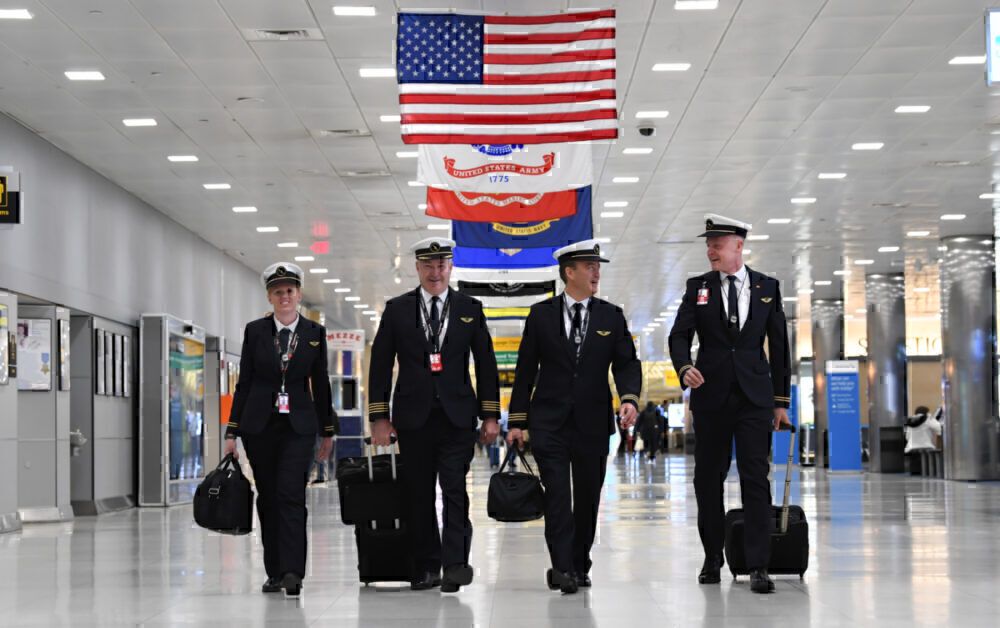It doesn't matter where in the world you are, any pilot wanting a job with a commercial airline needs to speak English. Whether that's fair and reasonable is a whole other issue, but a simple administrative decision nearly 70 years ago turned English into aviation's official language. Driving this decision was both practical and historical reasons.
Most nations involved with aviation in its early days spoke English
In its infancy, aviation was primarily (although not exclusively) a pursuit of western nations. In these places, English was already commonly spoken and understood. But before the days of ATC and crowded skies, it didn't really matter. Once you were up in the air, piloting a plane, you were largely on your own, whether you spoke English or not.
But as the skies became more crowded, communication became more important. Everyone in the air needed to be on the same wavelength. It's not an airline example, but the lack of standardized communication procedures contributed to the high death toll on the Titanic in 1912.
Stay informed: Sign up for our daily aviation news digest.
By the mid 20th century, English was becoming the universal business language. In 1951, the International Civil Aviation Organization recommended English as the exclusive language for radio communications in the airline industry. On one level, it was for convenience's sake. On another level, it facilitated the widespread usage of the ICAO phonetic alphabet (alpha, bravo, charlie, etc) and universal understanding of emergency terms such as MayDay and Pan-Pan.
Safety and communication reasons highlighted the need for a universal language
In a nutshell, there became a need for a common language for safety and communication reasons. The ubiquity of English and the role of English speaking countries in early aviation also had a role to play.
But there are variations of English around the world. Travelers will know there are quirks of US English that go over the heads of native UK English speakers. New Zealand English can be downright incomprehensible sometimes. As well, Aviation English has many expressions and idioms exclusive to it.
The term "MayDay" dates back to the Roman Republic when it referenced celebrations around Floralia, the Roman goddess of flowers. Over the centuries, the nature and meaning of the word changed. Despite this, MayDay is still associated with a holiday in many cultures.
Of course, in Aviation English, it's an emergency distress term. In aviation's infancy, the initial preference was towards S.O.S. By the 1920s, there was a bit of aircraft activity between England and France, and there were some communication misunderstandings when it came to SOS.
In 1923, The Times of London said;
"Owing to the difficulty of distinguishing the letter "S" by telephone, the international distress signal "S.O.S." will give place to the words "May-day," the phonetic equivalent of "M'aidez," the French for "help me."
All pilots wanting to fly for a living must understand & speak English
That's just one example of how a word can have different meanings but a particular meaning within a specific dialect of English.
These days, ICAO requires all pilots who want to fly planes big enough to roll through controlled airspace to speak a minimum standard of English and understand Aviation English. Before pilots get their license, they must undergo formal language proficiency assessments. The result is noted and attached as an endorsement on their professional licenses.
Aviation English and its universal application across the industry is one reason why it's so safe to fly, and accidents are so rare. Human error causes most accidents involving aircraft. Clear and understandable communications are one way to minimize accidents occurring in the airline industry.



